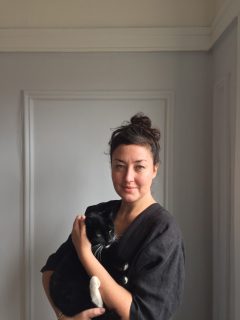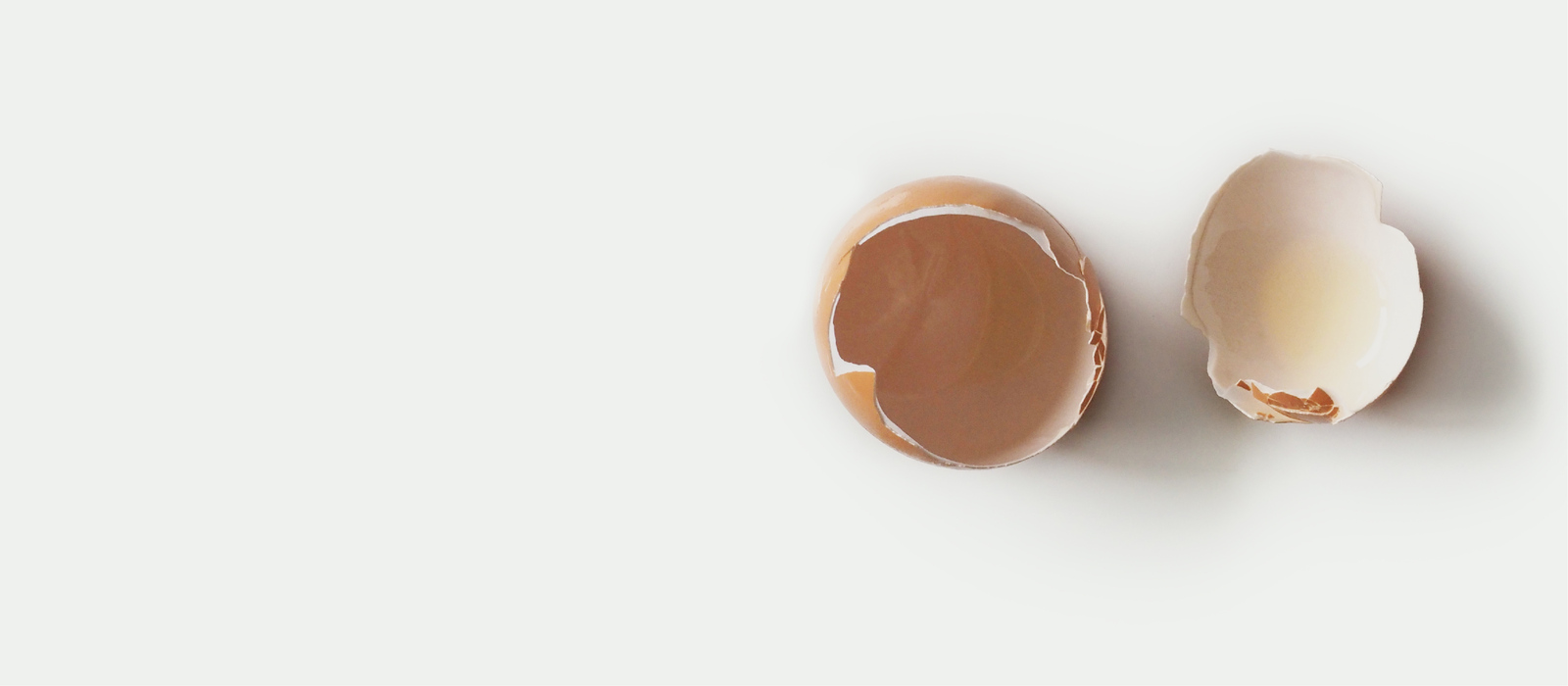You can access the Keynotes poster and free registration link here.
Emily Yates-Doerr
Structures and Specificities: Nourishing Acts in Violent Times
Upending the entrenched violence of existing food systems requires collective, structural change. Yet large-scale actions frequently do not result in large-scale transformation. For example, country-wide nutrition interventions in Guatemala, while claiming to impact deep structural inequality, have furthered dispossession and dis-ease. This talk describes situations in which terms of debate have been appropriated such that healing or care work furthers harm. I draw attention to racial capitalism’s two-pronged problem of 1) nonperformativity, where an appearance of change prevents change from taking place (Ahmed 2006), and 2) dangerous universals, such as anti-inequality narratives that flatten out vital specificities in life experiences and expertise (Tuck 2009). Unpacking the challenges of acting structurally, I look at mundane nourishment practices that some collectives are undertaking to bring about change. The talk asks what we can learn about direct action from people who have turned away from the space of ‘the political’ and considers whose revolution is encompassed by a well-made meal.
Bio:
 Emily Yates-Doerr is an associate professor in anthropology at the University of Amsterdam and a faculty member in anthropology and the ‘food in culture in social justice program’ at Oregon State University. She has carried out extensive ethnographic research on nutrition science in Guatemala over the past twenty years. Her current research on maternal nutrition is funded by a starting grant from the European Research Council, for a project titled, “Global Future Health.”
Emily Yates-Doerr is an associate professor in anthropology at the University of Amsterdam and a faculty member in anthropology and the ‘food in culture in social justice program’ at Oregon State University. She has carried out extensive ethnographic research on nutrition science in Guatemala over the past twenty years. Her current research on maternal nutrition is funded by a starting grant from the European Research Council, for a project titled, “Global Future Health.”
Chair/Discussant: Natali Valdez
Hiʻilei Julia Kawehipuaakahaopulani Hobart
Food, Work, and Radical Care
Black and Indigenous communities have long used food as a tool for envisioning ‘otherwises’ beyond racial capitalism and the settler state. Today, food spaces within protest camps continue to articulate forms of care through the act of feeding. This talk lingers at frontline kitchens in order to think about the radical potential, as well as the limits, of care work in movement spaces. Such kitchens are places where mundane and (frequently) gendered labor becomes essential to the ongoing viability of the camps. By keeping protectors and allies nourished by serving at least three meals per day free of charge, food work offers an underexamined and complex site of anticolonial resurgence. Given that mobilizations of protectorship safeguard Indigenous territories from development projects that build ‘critical infrastructures’ for settler futurity, and, also, that contemporary food systems are heavily infrastructural, I treat these kitchens as ‘sticky’ sites for resistance movements because of how they are at once beholden to and simultaneously exceed the dictates of settler food systems. Focusing on the encampment at Puʻuhonua o Puʻuhuluhulu at the summit of Mauna Kea in Hawaiʻi Island, I highlight the ways that labor and economies of care underpin radical resistance movements despite, and also through, entanglements that shape the sovereign alternatives and futures that they propose.
Bio:
 Hiʻilei Julia Kawehipuaakahaopulani Hobart is Assistant Professor of Anthropology at UT Austin. She holds a PhD in Food Studies from New York University, an MA in Studies in the Decorative Arts, Design, and Culture from the Bard Graduate Center and an MLS in Archives Management and Rare Books from the Pratt Institute. Her research and teaching is broadly concerned with Indigenous foodways, Pacific Island studies, settler colonialism, urban infrastructure, and the performance of taste. Her book on the social history of ice in Hawaiʻi, forthcoming from Duke University Press, investigates the sensorial and affective dimensions of Native dispossession. In particular, she is interested in how personal and political investments in coldness facilitate ideas about race, belonging, comfort, and leisure in the Pacific.
Hiʻilei Julia Kawehipuaakahaopulani Hobart is Assistant Professor of Anthropology at UT Austin. She holds a PhD in Food Studies from New York University, an MA in Studies in the Decorative Arts, Design, and Culture from the Bard Graduate Center and an MLS in Archives Management and Rare Books from the Pratt Institute. Her research and teaching is broadly concerned with Indigenous foodways, Pacific Island studies, settler colonialism, urban infrastructure, and the performance of taste. Her book on the social history of ice in Hawaiʻi, forthcoming from Duke University Press, investigates the sensorial and affective dimensions of Native dispossession. In particular, she is interested in how personal and political investments in coldness facilitate ideas about race, belonging, comfort, and leisure in the Pacific.
